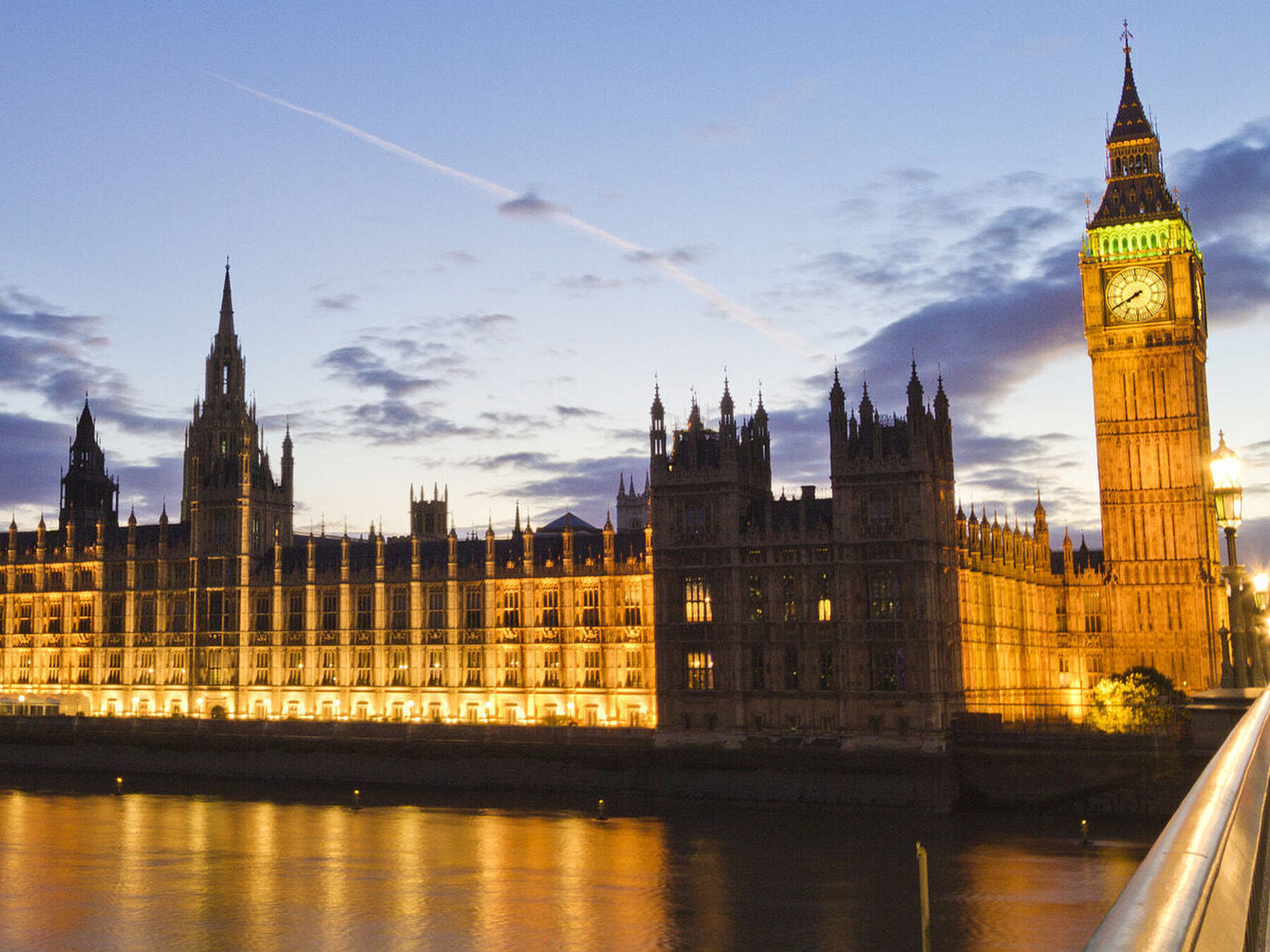
Applications now open for September 2026
Applications are now open for September 2026 entry for:
• Junior School
• Year 7
• Year 12 Sixth Form

Applications are now open for September 2026 entry for:
• Junior School
• Year 7
• Year 12 Sixth Form
Press Enter to search or ESC to close
Sunday 29th September 2024

Blairism and Brownism are the terms used to describe the ideologies of former Labour Prime Ministers, Tony Blair and Gordon Brown. Although both ideologies stem from the same political party, they are very much distinct from one another.
Blairism is often described as a centrist ideology, combining a centre-left social policy and a centre-right economic policy which is market based rather than an interventionist approach. Blairism derives from Tony Blair’s favourite academic, Anthony Giddens, who developed The Third Way, which is a modern take on socialism seeking to tackle social injustice through adopting a market based capitalist approach which traditional socialists argued against. Blair did not believe in wealth redistribution, famously criticising his Commons Leader for arguing in favour of redistribution by saying that his philosophy is not to “penalise the people who are successful and doing well and earning a lot of money.” This shows that Blair had a rather meritocratic approach in regards to taxation. Despite Tony Blair’s economic approach, his foreign policy was very cooperative and interventionist, which can be seen through his emphasis on the European Union, advocation to join Eurozone and interventions in; Sierra Leone, Kosovo and controversially Iraq. The intervention in Sierra Leone involved British troops going in to Sierra Leone in order to end the ongoing Civil War in 2000, it was so successful that the country has awarded Tony Blair the title, Paramount Chief of Kuffa Bulam. The intervention in Kosovo was different but equally effective, it was a NATO operation, largely led by Blair in order to establish a Kosovan state from Serbian aggression. Blairism can absolutely defined by cooperation rather than authoritarianism, Jeremy Corbyn, who according to Tony Blair believes in “anti-western diplomacy,” rebelled against the Blair-Brown Government 428 times, and yet never had the whip removed from him. Furthermore, Blair believed it was vital to stand with America after 9-11 through the invasion of Iraq, committing armed forces to remove Saddam Hussein from power. It is important to acknowledge that Blairism or New Labour was very successful in UK general elections, Tony Blair won 3 general elections (1997, 2001,2005), winning 179, 165 and 64 seat majorities. This was the most general elections won by a single leader since Margaret Thatcher, who also won 3 (1979, 1983, 1987). Therefore, it is fair to say that at the time, Blairism was rather popular in the UK. Whilst nowadays Blairism is highly polarising due to the increase in; Euroscepticism in the UK, focus on immigration and the scrutiny of the invasion of Iraq. Increasing Euroscepticism and focus on immigration can largely be attributed to the increasing popularity of Nigel Farage, who completely contrasts Blair’s beliefs of European cooperation and free-movement.
Brownism is often described as a left-leaning ideology, more in line with the traditional Labour Party. Gordon Brown believed in social justice, wealth redistribution and an interventionist approach to the market which is what defined Brown’s time as PM. Importantly, Brown was PM for 3 years, never winning a general election yet he is highly respected internationally due to his fast response to the Global Financial Crisis (GFC) in 2008, where Brown ‘bailed out’ banks so that the UK’s financial system did not collapse. Gordon Brown’s response to the 2008 GFC involved ‘bank rescue packages’ so that the financial systems did not collapse, these rescue packages involved taking Northern Rock and Bradford & Bingley in to full public ownership, taking RBS into majority public ownership and partial public ownership of Lloyds Banking Group. The UK was the first major nation to respond to the GFC with America and the EU following with broadly similar measures, which is why Gordon Brown is so highly respected internationally. Brownites fundamentally believe in progressive taxation and as chancellor, Gordon Brown implemented tax credits in a Bill Clinton-lite move in order to reduce unemployment by making low-paid service based jobs more attractive. In 1993 Bill Clinton tripled the Earned Income Tax Credit (EITC) which decreased taxes for low-income households, mostly based on the number of children in the household. Whilst Chancellor, Brown wanted to increase the highest rate of income tax but was blocked from doing so by then Prime Minister Tony Blair. Brown felt that Blair was trading long-term social change for short-term political gain and that it was not Blair’s place to decide economic decisions given that Brown was Chancellor. Gordon Brown built his 1994 Labour Leadership campaign upon eradicating child poverty and that is something Brown has fought against without falter since, in fact that last article that Brown published was called ‘A Partnership to End Poverty.’ In which he advocates for various reforms through tax, cooperation and much more in order to end poverty. Furthermore, when Brown became PM he announced that he would “wage an unremitting battle against poverty,” further showing his passion in tackling poverty, an area of which largely defines Brownism. Brown’s foreign policy also slightly differs from Blair’s, famously saying that the fight against terrorism “involves more than military force,” whilst Blair favoured military action against terrorism, as seen through the invasion of Iraq. Blair favoured cooperation between the UK and the US whilst Brown has actually claimed that the US “misled” the UK over the existence of WMDs in Iraq. It is important to acknowledge that although Brown never won an election as leader of the Labour Party, as Chancellor and Shadow Chancellor Labour were in power for 13 years, winning 3 General Elections. It is all so important to recognise the profound influence that Brown had up on the Labour Government that Blair ran, and by extension, the profound influence that Brown had on Blairism. Brown was Shadow Chancellor and Chancellor for all 13 years of Blair’s leadership in which he dictated much of the Economic and Social Policy of the Party and Government.
To conclude, the largest differences between Blairism and Brownism are economic and in foreign policy. As said before, Blair does not believe in wealth redistribution whilst Brown does and this clearly shows that Brown is to the left of Blair. Blair has a much more laissez-faire approach to the market than Brown, who favours an interventionist approach as seen in the 2008 GFC and his approach to poverty. In foreign policy Blair was more cooperative with allies whilst Brown has been happy to criticise the US over the war in Iraq, however it is important to acknowledge that Blair was PM for 10 years whilst Brown was only in office for 3, largely having dealing with the GFC and its fallout. Despite this Blair was clearly more comfortable with military action than Brown as seen through interventions in Sierra Leone, Kosovo and Iraq whilst Brown has said that there is “more than military force” to consider.
Blog posts are on various subjects; sport, drama, art or CCF just to name a few. Our students are encouraged to write about what interests them, as well as the community.